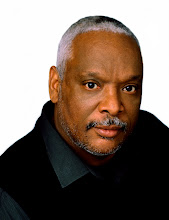We all know the drama surrounding appointments in Illinois, New York, and Delaware (quick, can anyone tell me the fourth seat that became vacant?). To fix the problem, Wisconsin Senator Russ Feingold wants to introduce a constitutional amendment requiring a special election if a seat becomes vacant.
Sen. Feingold's logic is that what's good for the House is also good for the Senate. There, the constitution mandates vacancies to be filled by special elections. Further, Feingold argues that citizens, not governors, should be the ones who determine who goes to Washington is a Senate seat is vacant.
It all seems to make sense, and certainly there are numbers of people who will back the proposal after the three ring circus that filling seats in New York, Illinois, and Delaware became. And yet, all this doesn't make the special election route a good idea.
First, some clarity. It's not a bad idea because it takes power away from governors (see Rod Blagojevich). Rest assured they'll be the first ones screaming if Feingold's idea gets traction. No, the problem here is that the proposal doesn't seem to be well thought out.
The House and Senate are two different bodies. One represents an estimated 587,000 people, while senators represent entire states. Besides, there will in fact be special elections to fill all four vacant seats next year. Why rush the process?
Blagojevich's alleged vices aside, does the cost of a special election this year, estimated at $30-50 million dollars really solve a problem? Or is it just a reaction to what's gone on this time around? My gut tells me it's the latter, and my experience tells me these kind of fixes almost never work the way their champions intend.
You tell me. Should governors be stripped of their power to fill vacant Senate seats?
BTW: The fourth vacant seat was in Colorado. It became open when Ken Salazar was tapped to be Interior Secretary.





No comments:
Post a Comment